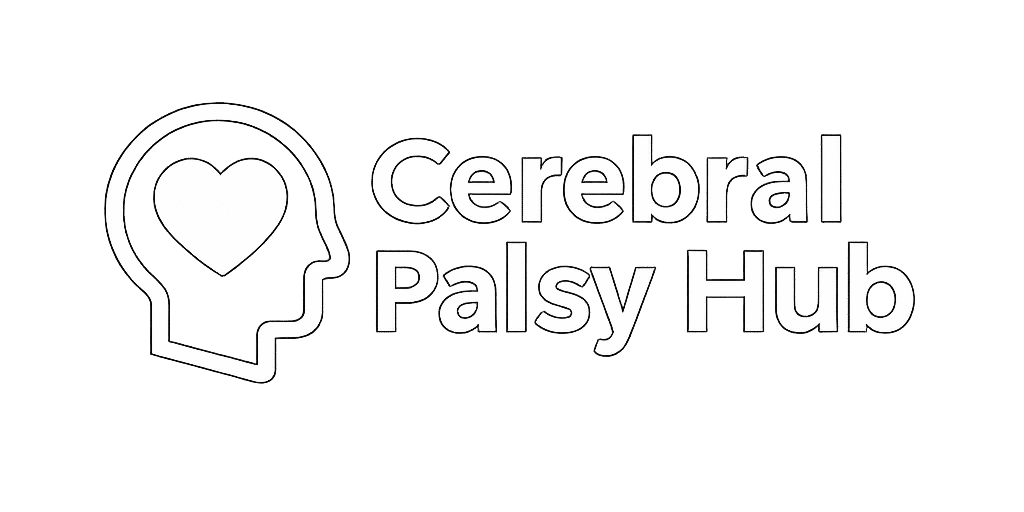Speech Therapy for Cerebral Palsy
Speech therapy can help children with cerebral palsy improve their speech abilities, aid in eating and swallowing, and improve their overall quality of life.
How Can Speech Therapy Help?
According to studies, nearly 75% of children with cerebral palsy experience speech, communication, or language challenges. Speech therapy can help improve vocal clarity and language comprehension, as well as increase strength in oral muscles to aid in chewing, swallowing, and even breathing.
Speech therapy also helps with social participation, the ability to learn and interact in different settings, and boosting confidence and self-esteem.
Nearly 70% of cerebral palsy cases are linked to birth injuries. Find out if a birth injury caused your child's CP by speaking with a cerebral palsy lawyer and getting a free case review now.
No up-front costs.
Common Speech & Communication Challenges in CP
Common speech challenges children with cerebral palsy may experience include:
-
Dysarthria – Weakness and lack of coordination in the muscles used for speech
-
Apraxia of speech – Difficulty planning or sequencing movements needed for speech
-
Voice issues – Breathy, strained, or nasally vocal tones
-
Swallowing disorders (dysphagia) – Trouble with eating, chewing, and drinking safely
-
Language delays – Difficulties understanding or using vocabulary, grammar, and forming sentences
Speech Difficulties by Type of Cerebral Palsy
Each type of cerebral palsy has different challenges when it comes to speech and communication. Learn to recognize the signs of each type to determine the best therapy your child needs.
Spastic cerebral palsy: Children with spastic CP often have speech that sounds slurred and hoarse.
Dyskinetic cerebral palsy: Those with dyskinetic CP tend to have difficulty with controlling facial muscles such as their tongue. As a result, they may drool more and have trouble with eating and swallowing. Some also have issues with breathing and breath control.
Ataxic cerebral palsy: Children with ataxic CP often have speech patterns that randomly pause and unpause. They may speak in a monotone voice and sound "airy" or "dry." Swallowing difficulties are also common in those with ataxic cerebral palsy.
What Are the Benefits of Speech Therapy?
Children with speech impediments are put at a significant disadvantage. However, with the right approach, speech therapy can help make huge strides in improving communication, muscle control, and social interactions. These skills can have benefits that last a lifetime, such as:
-
Improved clarity and confidence in communication
-
Stronger participation in school, work, and community life
-
Enhanced safety in eating and drinking
- Reduces shyness in social situations
-
Better long-term independence and quality of life
- Increased self-confidence and self-esteem
- Improves ability to express thoughts and creativity
When Should My Child Start Speech Therapy?
While each child may have slightly different milestone timelines, early intervention is recommended. Parents should seek a speech evaluation if their child:
-
Isn’t babbling or making sounds by 12 months
-
Has unclear speech past age 3–4
-
Shows frustration when trying to communicate
-
Has difficulty swallowing, frequent choking, or recurrent pneumonia
The costs of therapy, treatment, and daily care can add up quickly. Find out how we may be able to help you get financial support by getting a free case review at zero cost.
Case reviews are 100% free.
I understand by submitting this form that I am providing my consent to be contacted by Cerebral Palsy Hub and its legal partners, potentially using automated technology, at the number provided regarding my potential claim/their services. Consent is not required to use their services. Msg frequency varies, and message and data rates may apply. Reply HELP for help or STOP to unsubscribe. SMS Terms of Service. I understand and agree that by submitting this form I agree to the Privacy Policy and Terms of Use and that this form does not create an attorney-client relationship and is not confidential or privileged and may be shared.
Speech Therapy for Cerebral Palsy FAQs
 Written and Medically Reviewed by:
Written and Medically Reviewed by:
Cerebral Palsy Hub Team
Cerebral Palsy Hub was founded to help support children and their families with cerebral palsy and to create a safe space for those affected. We strive to provide the most accurate, up-to-date information, and tools to help give your child the life they deserve.
Last Updated: September 26, 2025
Need Legal Help?
Our team of legal experts can help answer your questions.
Our team of legal experts can help answer your questions.
